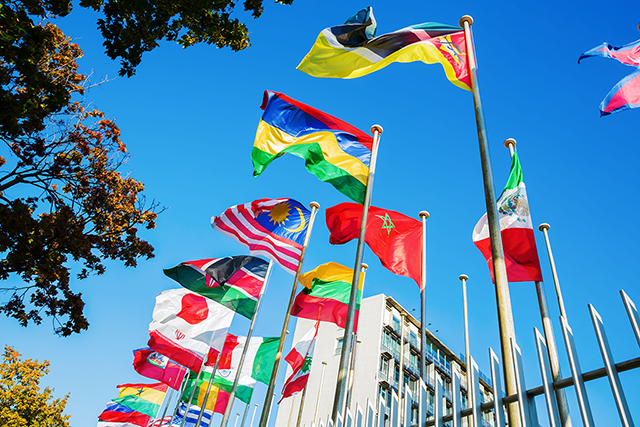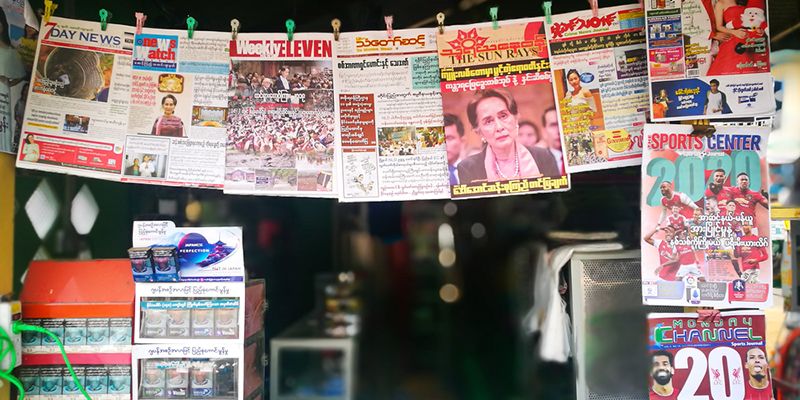Koh Chang mangrove visit launches blue carbon ecosystem campaign
More than 50% of mangroves worldwide have been destroyed, requiring urgent action to save what we have and restore what we have lost. Blue carbon ecosystems – including mangroves, salt marshes, seagrass beds and macro-algal reefs – are high in primary productivity, contributing to the health of coastal and marine environments and locking away massive quantities of atmospheric and oceanic carbon. These are vital ecosystem values, contribute to mitigating climate change, and are fundamental to the sustainable economic productivity of these areas.
UNESCO is uniquely placed to develop initiatives for relevant and concerted action, building on strong networks of sites such as the World Network of Biosphere Reserves, World Heritage sites and the Global UNESCO Geoparks Network, which are already demonstrating that harmonious interactions between people and nature are possible.
To leverage those resources to protect, restore and sustainably utilize blue carbon ecosystems ahead of the 3rd Mekong Mangrove Forum, UNESCO Bangkok is organizing a field visit to the Salakphet Mangrove Walkway on Thailand’s Koh Chang island. Experts in the field will brief young people and other participants attending the event, who will then conduct their own activities to relate youth-related concerns and innovations regarding environmental degradation and solutions for a sustainable future. The youth-led project will include producing messaging on these topics.
UNESCO is committed to active youth participation and youth-led activities to enable their voices to be heard by Governments, the carbon-emitting private sector, nature conservation agencies and NGOs, schools and the general public. This initiative is in line with the UN General Assembly’s commitment in the 2010 International Year of Youth that young people should be included in every aspect of society.
The mangrove field visit is the beginning of an ongoing campaign bringing together multiple partners, including the private sector in the spirit of corporate social responsibility, to save and restore blue carbon ecosystems for future generations. The 3rd Mekong Mangrove Forum on 1 October 2020 will follow two successful regional events in 2019, now to be conducted via teleconferencing given COVID-19 measures, and marks the continuation of an ongoing event. Partners include national authorities, the foundation Manfred-Hermsen-Stiftung for Nature Conservation and Environmental Protection, and the Mangrove Action Project.
Main photo credit: ©Shutterstock/Vassamon Anansukkasem









